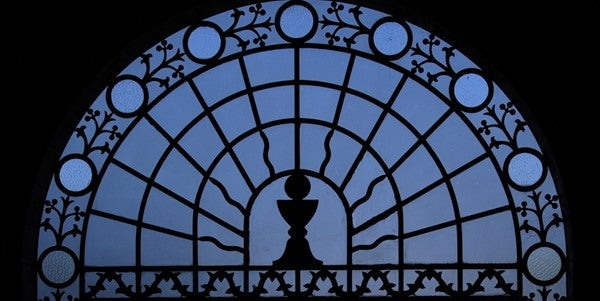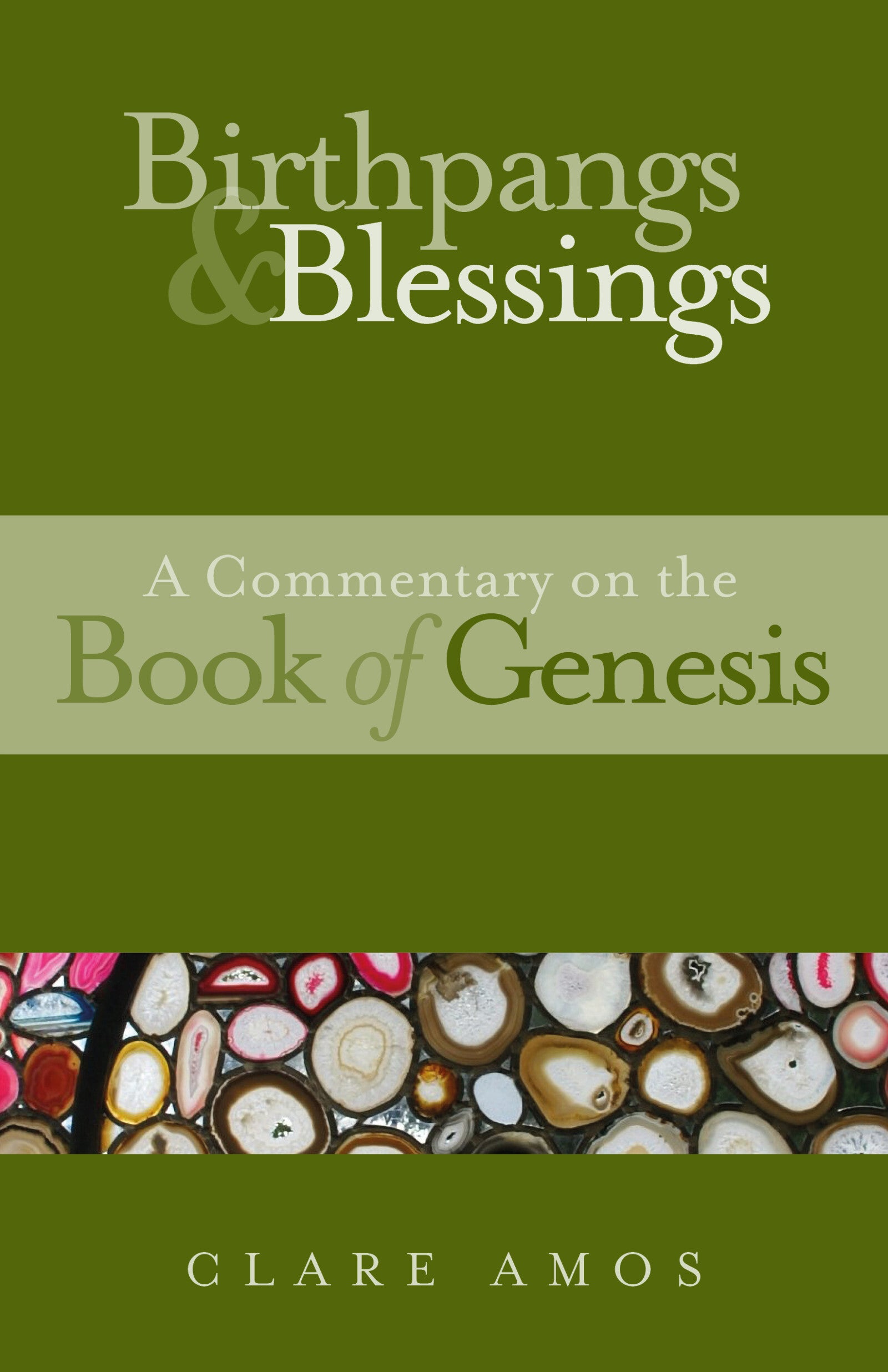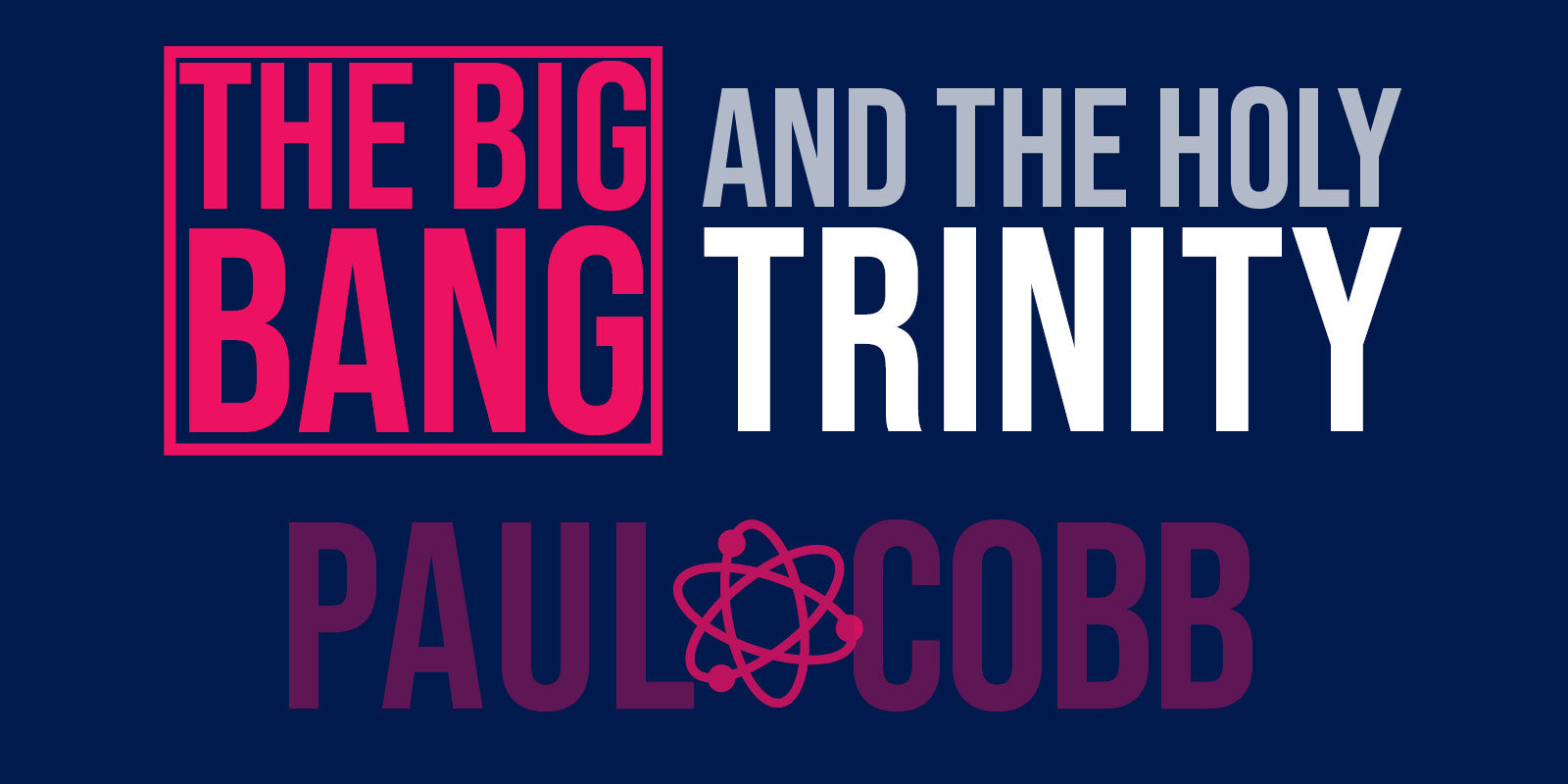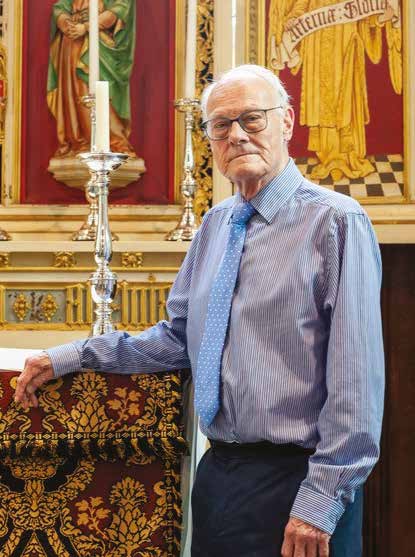GUEST BLOG: Author Clare Amos draws on this week’s lectionary readings, a weekly blog she writes in her role as Honorary Director of Lay Discipleship for the Church of England Diocese in Europe, and her latest book Birthpangs and Blessings: A Commentary on the Book of Genesis to discuss the dangers of loving posessively.
‘I have learned that it is possible to love something without having to possess it’. I have not forgotten these powerful words which an Israeli Jewish woman speaker offered at a conference a few years ago at Trinity College Dublin. The conference was exploring issues related to Israel and Palestine. The author of these words, who lives in Jerusalem, and with whom who I have worked on a number of occasions, would I think still self-describe as a Zionist, and would certainly want to affirm the right of Israeli Jews to live in peace and security within Israel's 1948 borders. But she works closely with Palestinian colleagues, both Christian and Muslim, in the search for common ground between peoples of different faiths. I think her words were an explanation of how she had come to feel that peace and justice were more important than Israeli ‘control’ of the lands won in later wars.
worked on a number of occasions, would I think still self-describe as a Zionist, and would certainly want to affirm the right of Israeli Jews to live in peace and security within Israel's 1948 borders. But she works closely with Palestinian colleagues, both Christian and Muslim, in the search for common ground between peoples of different faiths. I think her words were an explanation of how she had come to feel that peace and justice were more important than Israeli ‘control’ of the lands won in later wars.
I admire her for her words, and for her willingness to share the evident pain that this ‘learning’ had cost her. She has the right to love Jerusalem and the lands around in the way that I know she does. In a different way – for I am Christian rather than Jewish – I love Jerusalem too. It has been a thread running through my life since I first visited the city at the age of 18, and then a few years later lived there for five years. I have written about Jerusalem, and its perhaps ambiguous place in Christian theology on a number of occasions. In one of my earliest published reflections, I offered the comment ‘Jerusalem is the place where God is crucified by the desires and aspirations and passionately held beliefs of men.’ I wrote that sentence a few years before I got inducted to the importance of gender inclusive language – but I leave it in that form as, in truth, Jerusalem seems to be a city in which men (male) do call the shots! The crucifixion of Christ was I believe a visible manifestation of the human propensity to ‘love’ in a way that seeks to possess, and this is still painfully echoed in the contemporary life of Jerusalem.
There is an ancient rabbinic proverb about Jerusalem that sums up the interconnection between the beauty and the tragedy of the city,
Ten parts of beauty gave God to mankind
Nine to Jerusalem and one to the remainder
Ten parts of sorrow gave God to mankind
Nine to Jerusalem and one to the reminder.’
As is obvious from this week’s lectionary Gospel reading Jesus himself loved Jerusalem too. There are few more passionate words of Jesus recorded in the Gospels than those he speaks at this moment: ‘Jerusalem, Jerusalem, the city that kills the prophets and stones those who are sent to it! How often have I desired to gather your children together as a hen gathers her brood under her wings, and you were not willing!’ (Luke 13.34) The Roman Catholic nun, Maria Boulding, summed it up as follows: that for Jesus,
Jerusalem was the beloved city, and he resonated with all that it meant for a Jew, all the memories, all the vividly remembered thousand years of Israel’s holiest place. [It] was bound up with his love and reverence for the God of Israel who had chosen this city; he loved Jerusalem and he ached for it.’
Maria Boulding, The Coming of God
Of all the three synoptic Gospels it is clearly that of Luke which shares with us most deeply the glory and tragedy of Jerusalem. Unlike Mark or Matthew, Luke’s Gospel begins and ends in the city. And Jesus’ sentiments of Luke 13.31-35 are echoed in Luke 19.41-44 as Jesus approaches the city and weeps over it. It is telling that these four verses from chapter 19 never appear in the Sunday eucharistic lectionary. In some ways they are indeed deeply problematic and have become weaponised in the fraught narrative of the long enduring historical Christian hostility to Judaism. But the pun that is written into them – on Jerusalem’s very name (yeru-shalem), ‘If only you had known on this day the things that make for peace’ (shalom) (Luke 19.42) - both sorrows over the strife that has been so associated with Jerusalem, yet hints also at Jerusalem’s place within the story of salvation.
In summary I believe that Jerusalem visibly symbolises the profound danger that is inherent in our human condition. We are people made for love. But one of the most dangerous ways that we can reject love is by claiming to demonstrate its substitute: that sense of fierce possession of which Jerusalem itself has so often been the recipient so that war rather than peace is the end result. Our passion for Jerusalem compels human beings, with resonances of the divine ‘must’ which Jesus alludes to in Luke 13.33, to surrender themselves to a vulnerable intimacy before God in which we can no longer avoid the examination of ourselves and our motives.
I draw on some words taken my 2014 book Peace-ing Together Jerusalem,”
Jerusalem is a sacrament of what it means to be human. By that I mean that Jerusalem shows up visibly and physically the best and the worst of the human condition. On the one hand, it is a visible symbol of our longing, our highest and best desires, our love of beauty and our desire to worship God. But it is also a reminder of how this best can go so tragically wrong – precisely because we find it so difficult to love without also seeking to possess. Jerusalem is the place where this conundrum is squeezed into a sort of prism, so that it can be viewed in sharp focus.’
But let us now go further,
There is a mysterious way in which Jerusalem does not simply unveil these realities about the human condition but also… challenges us… to address them – to truly become the human beings God created us to be, in God’s image and likeness, as God’s partners in the creation and repairing of our world… That is what I call by calling Jerusalem a sacrament.’
My colleague who spoke at that conference in Dublin would not have used the Christian language of sacrament but I believe that she understood quite profoundly the ‘mystery’ of Jerusalem: the way that our passion for the city forces us to address the challenge it presents. How can human beings love without also seeking to possess and control? In the answer to that question may hang life and death. As a Christian, I believe that the question draws us near to the passion and cross of Christ. Is it not also surely telling that in Russian Orthodox tradition the city of Kyiv is often understood to bear resonances of Jerusalem?
Jerusalem, ‘perfection of beauty’,
City cherished and squabbled over,
Where hopes have been crucified,
And the colours of resurrection still await the dawn.
We pray for all who love you,
That as well as passion they may learn patience,
That their longings may lead to life,
That their faith in you may bring forth fruit
For the healing of the nations.
Though your sacred stones still cry aloud with the pain of centuries,
Drenched with the tears of the one who wept over you,
May the God who called this place his home
Give all people wisdom and courage
to discover in you the peace embedded in your name,
so that you may truly become ‘the joy of all the earth’.
*****
I note that the Old Testament lectionary reading for Sunday is Genesis 15.1-12,17-18 which tells of God’s covenant with Abram/Abraham. Once again the omission of some verses – in this case 15.13-16 – is fascinating and telling. The story of the covenant with Abraham is deeply entwined with the biblical wrestling over universality and particularity, and it too, like the city of Jerusalem, has played its part in the ongoing painful history of the Middle East. Another personal story – this time featuring a Palestinian friend. I draw on the story as I retold it in my commentary on Genesis, first published in 2004 which seeks to ‘read’ Genesis taking account of the modern context of the Middle East. The commentary has been recently published in a revised and updated edition by Sacristy Press with the title Birthpangs and Blessings: A Commentary on the Book of Genesis:
In the Middle East today real people really get killed in part because of beliefs some human beings may hold about the book of Genesis. I will never forget my incredulity at being told [in 1977] by a Palestinian friend of mine, an educated Christian woman from Ramallah, a town on the West Bank, how on a visit to Jerusalem she had had a conversation with a Western tourist [today this person would be described as a ‘Christian Zionist’ though the term was not widely used in 1977]. On discovering that she was a Christian living on the West Bank, this person had informed my friend, quite categorically, that “she couldn’t be a real Christian, because if she were a real Christian, she would of course have been willing to leave her home town, since she would know that God had given the land to the descendants of Abraham, Isaac and Jacob”. One of the features of Genesis is the way in which it seeks to draw together universality and particularity: and the Middle East today is a region where the “scandal of particularity” can feel truly scandalous.’
Clare Amos has taught Biblical Studies in Beirut, Jerusalem and Cambridge. She has worked for USPG, the Anglican Communion and the World Council of Churches and was awarded a Lambeth DD in 2012. You can get your copy of Birthpangs and Blessings here!











